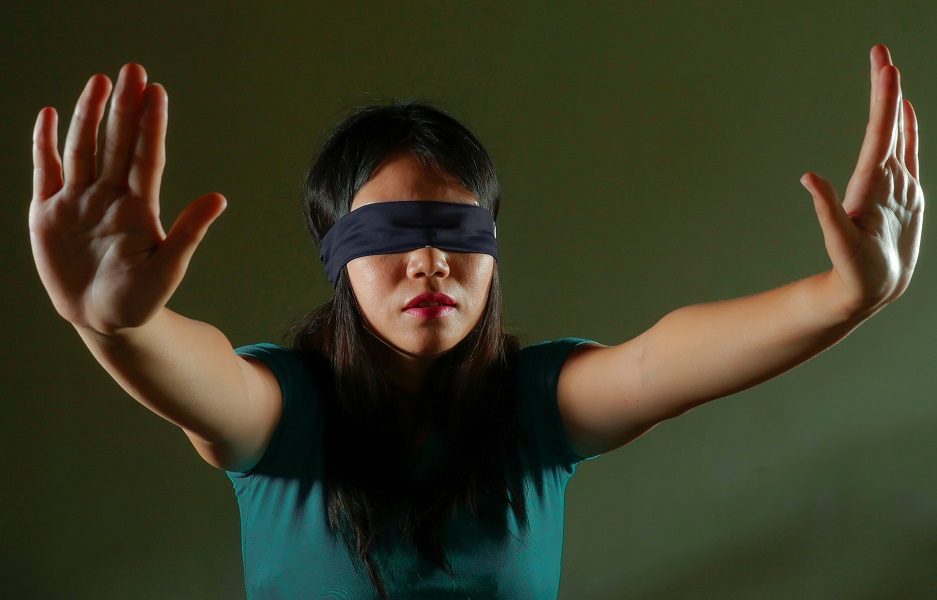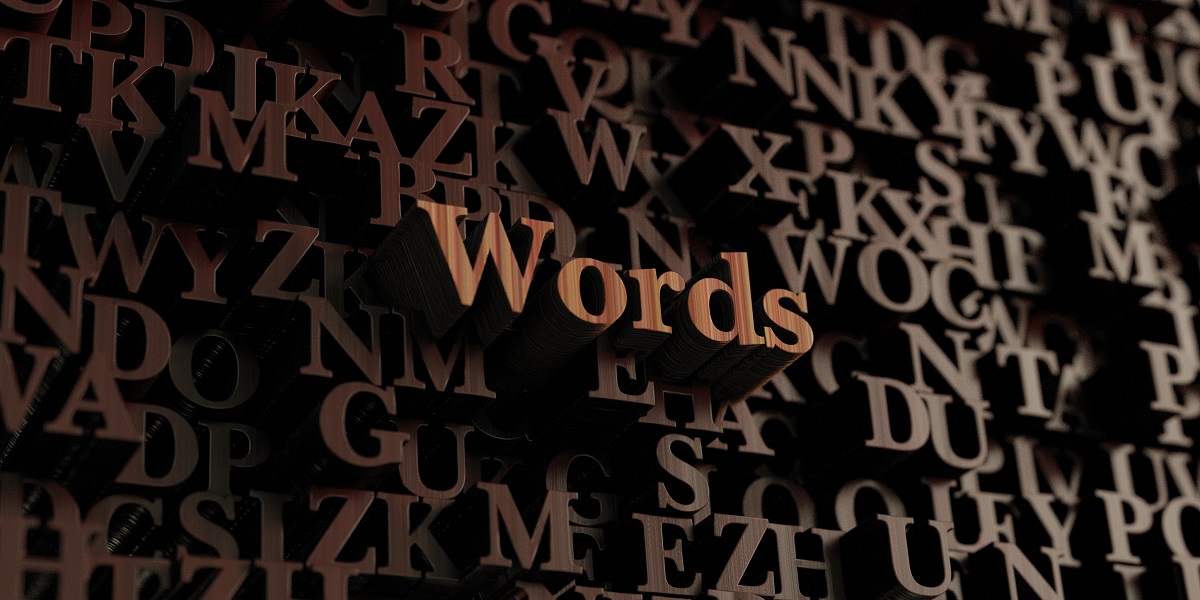
1. Snollygoster

2. Jargogle

3. Quagswagging

4. Twitter-light

5. Groak

6. Fuzzle

7. Grubble

8. Yex

9. Brabble

10. Lunting

11. Twattle

12. Quockerwodger

Reviving Riches of Language

What Do These Words Mean? 12 Trending Words That Aren’t What They Seem
14 Communication Secrets for a Happy Newlywed Life

Toi Williams began her writing career in 2003 as a copywriter and editor and has authored hundreds of articles on numerous topics for a wide variety of companies. During her professional experience in the fields of Finance, Real Estate, and Law, she has obtained a broad understanding of these industries and brings this knowledge to her work as a writer.

Speak Your Mind